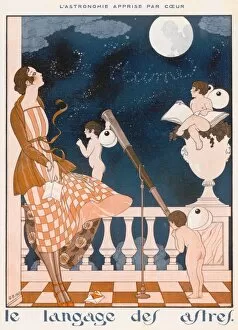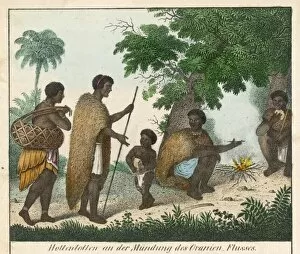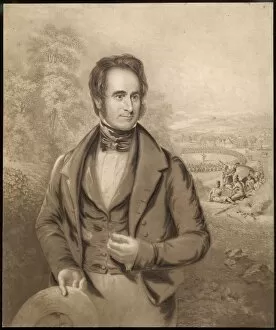Translate Collection (#2)
"Unlocking the Language of History: The Power of Translation" In a world torn apart by war
For sale as Licensed Images
Choose your image, Select your licence and Download the media
"Unlocking the Language of History: The Power of Translation" In a world torn apart by war, a German gas mask from WWI finds its voice once again as it emerges from its original metal container, reminding us of the horrors endured and the need for understanding. Just like the Rosetta Stone in Egypt, translation becomes an invaluable tool to bridge gaps between cultures and decipher ancient mysteries, and is through translation that we can uncover hidden truths and connect with our past. Robert Morrison, a Protestant missionary, understood the transformative power of translation. His efforts brought knowledge and enlightenment to distant lands, breaking down barriers and fostering communication among diverse communities. Even amidst chaos on foreign soil during WWII, an American soldier's attempt to communicate with local people in Orleans speaks volumes about the universal desire for connection. In times of conflict or peace, translation serves as a lifeline for mutual understanding. Throughout history, great minds have dedicated themselves to translating ideas into different languages. From Alfred de Vigny's artistic expressions in 1832 to Francois Victor Hugo's engraved legacy – their works transcend borders and inspire generations across time. The Protestant Reformation marked a turning point where Martin Luther took up his pen to translate the Bible into vernacular language. This act not only revolutionized religious practices but also empowered individuals by granting access to sacred texts previously reserved for elites. Cromwell presenting Henry VIII with a translated Bible showcases how translations hold immense political significance too. They shape ideologies and influence rulers' decisions while ensuring that knowledge reaches all corners of society. At Wartburg Castle in Germany, Martin Luther tirelessly worked on translating the Bible during his exile from 1521-1522. His dedication paved the way for religious reformations worldwide – proving that words possess immeasurable power when shared through translations. Translations extend beyond literature; they preserve cultural heritage too. The litho depicting "Translation of the Confessors Body" reminds us how sacred relics are carried through time, preserving traditions and connecting generations.



